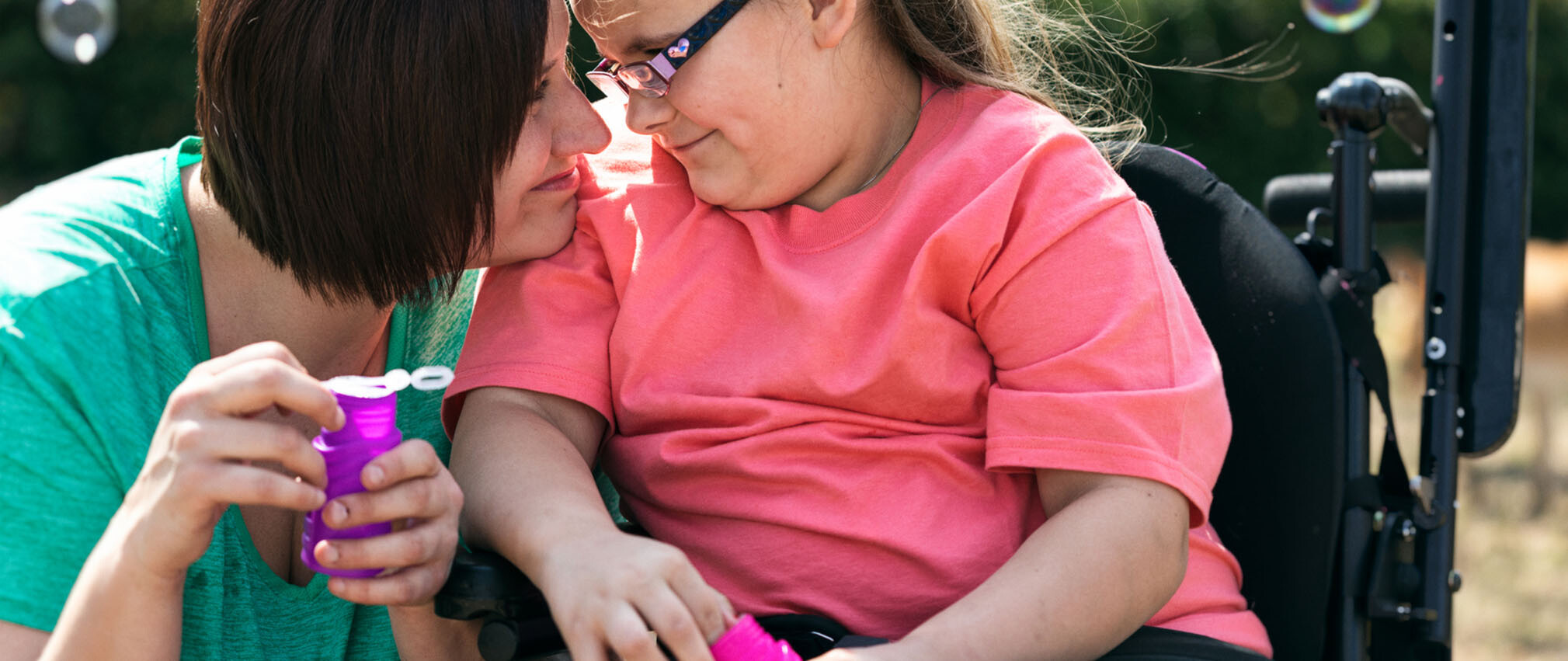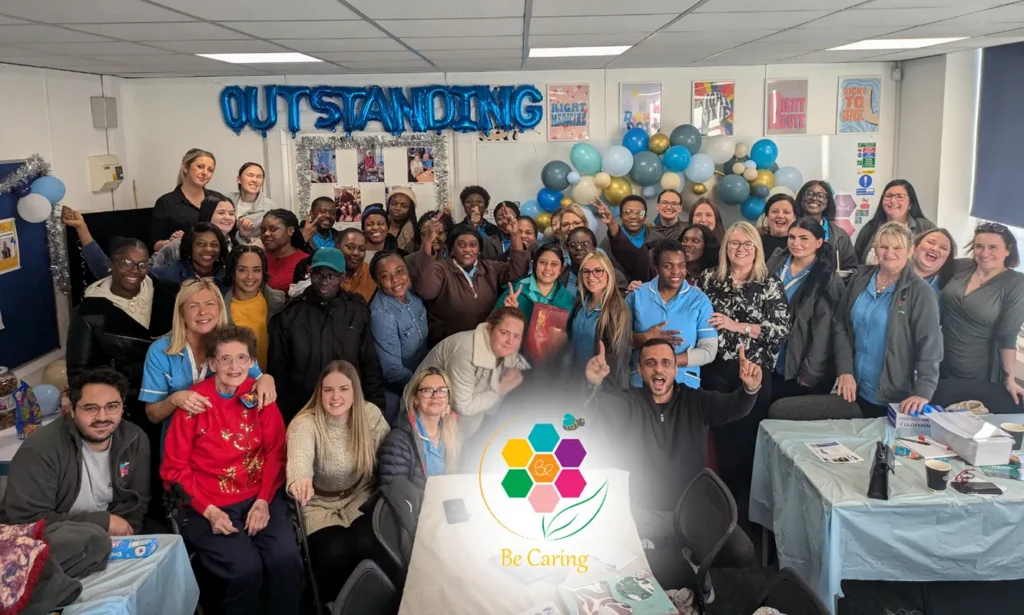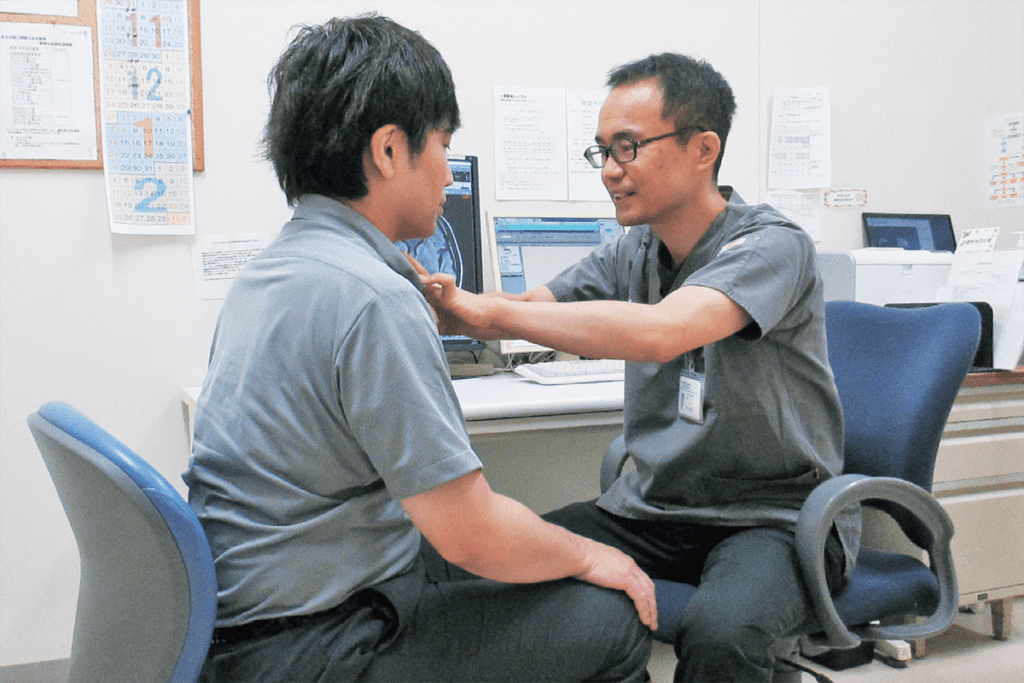Argentina: Caring for others
Meet the Argentinian cooperative providing quality care in the Atlantic coast.
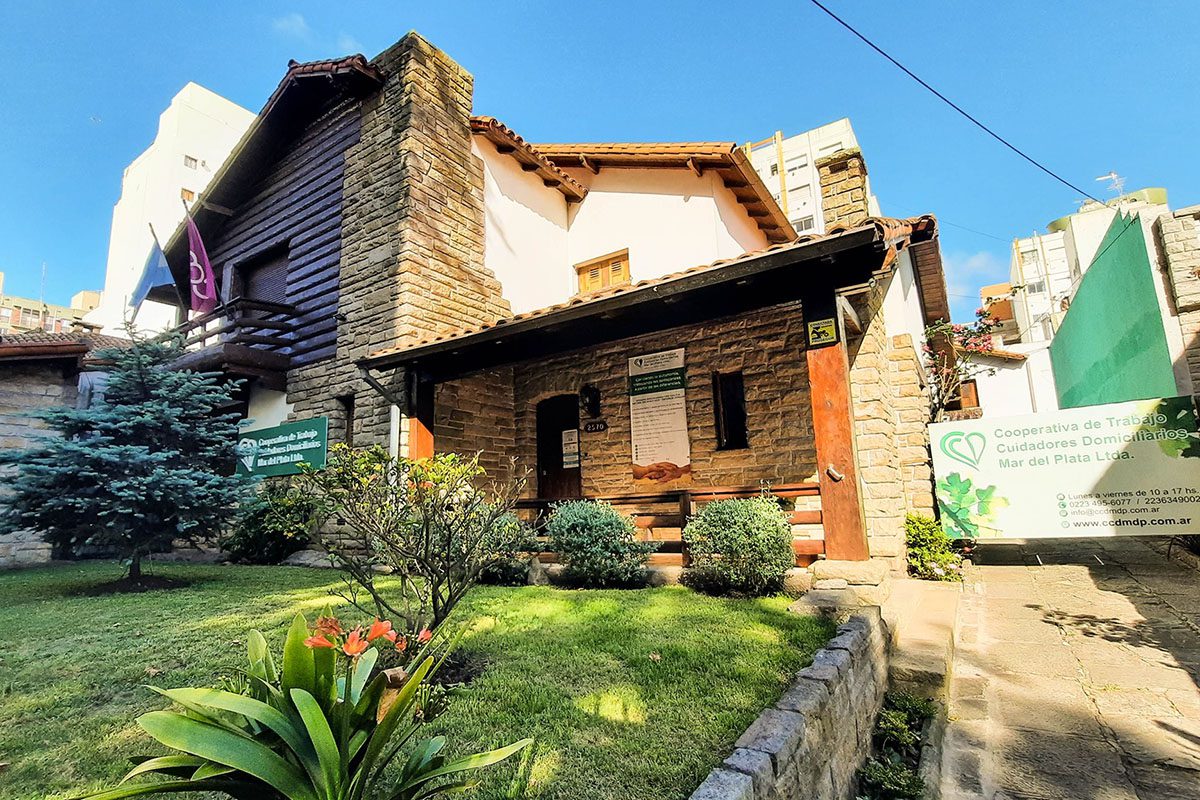
Meet the Argentinian cooperative providing quality care in the Atlantic coast.
This article was republished with permission from CICOPA and was originally published in the August 2023 edition of CICOPA’s Work Together newsletter.
The “Cooperativa de Cuidadores Domiciliarios Mar del Plata” is a home care worker cooperative based in the coastal city Mar del Plata, in Argentina.
The story begins in 2010, when a group of motivated adults followed a professional course on home care for elders, for a duration of 6 months. Upon completion the group was asked if they had interest in starting to work together as a group, and in the discussions, the idea to start operations as a worker cooperative surged.
This is how, in 2012, the cooperative was officially founded, composed of 8 of the alumni and 2 of the coordinators / facilitators of the course.
The idea to use the cooperative form came from Ms. Elsa Miori, current President, who had previous experience with the cooperative movement (banking) and understood the model very well. However, as she describes it, it is very different to run a care worker cooperative, and the challenges and daily operations are worlds apart. Nonetheless, they persisted and managed to establish operations.
The word of mouth and excellent services proved successful, as the cooperative quickly started to grow and two years later, there were already 60 workers. Today, in 2023, there are 150 workers and members, of which 125 are women.
Additionally, the original founders were all around 40 and 50 years of age, and they found it challenging to continue in the labor market at their age. Thanks to the cooperative, they were able to find a stable job.
In 2017, they decided to continue expanding the cooperative family, and they joined FECOOTRA, CICOPA’s Argentinian member.
The services provided by the cooperative are home care for adults over 18 years of age. While they provide services for adults with disabilities, their largest clientele (90%) is elderly adults over 85.
The services include: accompaniment and advice on daily life, medication administration, food preparation and assisted intake, activities according to possibilities of mobility, as well outings and entertainment. Family members are always in touch with the cooperative and can ask for a certain number of hours from a caregiver depending on the weeks, and the cooperative tries to match the skills with the caregiver, and with needs of the care recipient.
For caregivers to become worker members of the cooperative, there is a process where aspiring members must follow a 5-day workshop where they get to know the coop model, as well as see the values and compromises that must be made. There is also a test and an interview. Upon completion, they can decide whether or not to join the coop, and then the board can approve it.
Regarding their internal activities, beyond doing the traditional administration, the cooperative is also involved in cooperative education as well as care education for their members. They also offer psychological help for their members, as well as conflict resolution between teammates and with families, as well as tackling gender issues.
The cooperative also has a solidarity fund in place for its members. The work can be precarious at times (if the worker is not placed, or if they are sick for example). Furthermore, in a traditional care enterprise, 60% of the earnings would go to the owners, and only 40% to the caregiver, as opposed to here in the cooperative, where only 20% goes to the cooperative, and 80% goes to the caregiver.
Looking into the future, the cooperative is working hard to lobby for a better framework for worker cooperatives, as right now it is not well-suited for what they do. They got a small victory in 2022, when for the first time they received subsidies, and were able to purchase sanitary equipment. As Miori explains it, there are 35 care cooperatives right now in Argentina, and they are working together for a new law.
The cooperative believes they have managed to make a difference in their community and continues working with a look into the future. They have noticed that more and more social agencies are interested in working closely with them but are not willing to pay a fair price tag, so for now, they are still working autonomously.
A great example of how to take care of others!
Cooperativa de Cuidadores Domiciliarios Mar del Plata is a member of FECOOTRA, one of CICOPA’s Argentinian members.
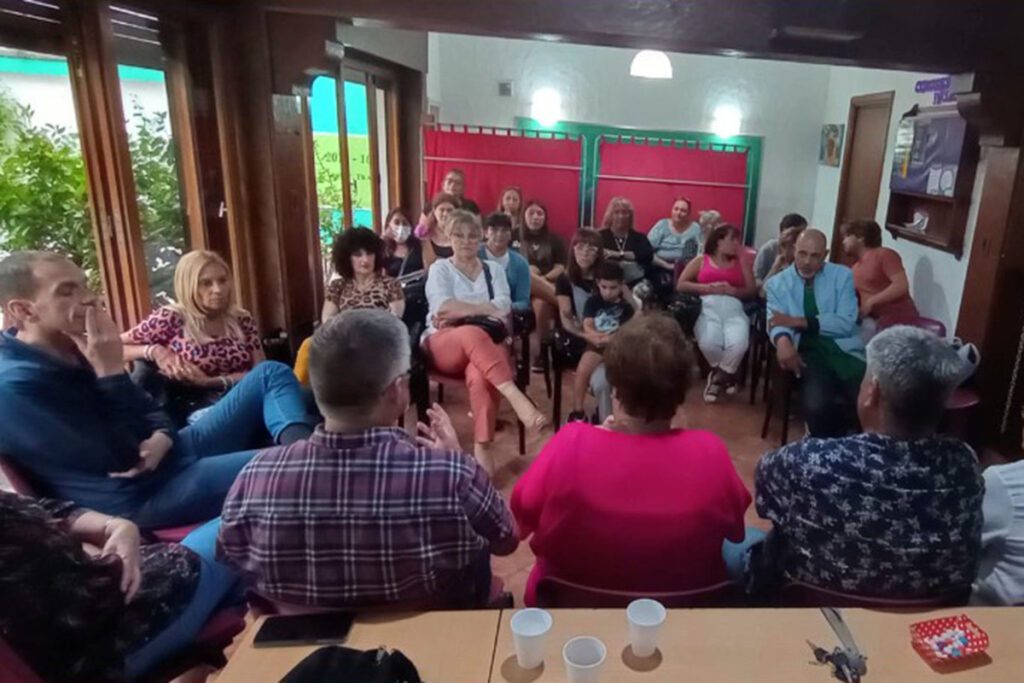
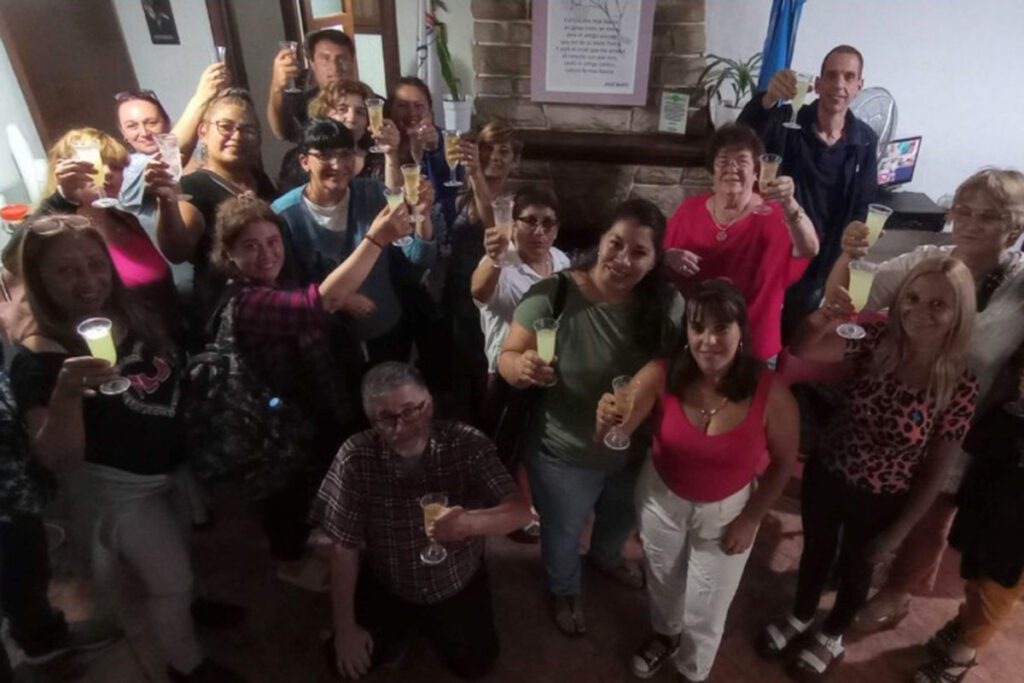
Related case studies
Discover how co-ops and mutuals are making a big impact in Australia’s health, community and social services sector, successfully delivering high-quality services and support to those who need it most.Find a care co-op or mutual near you
Use our new interactive map to find care co-ops and mutuals across Australia.
